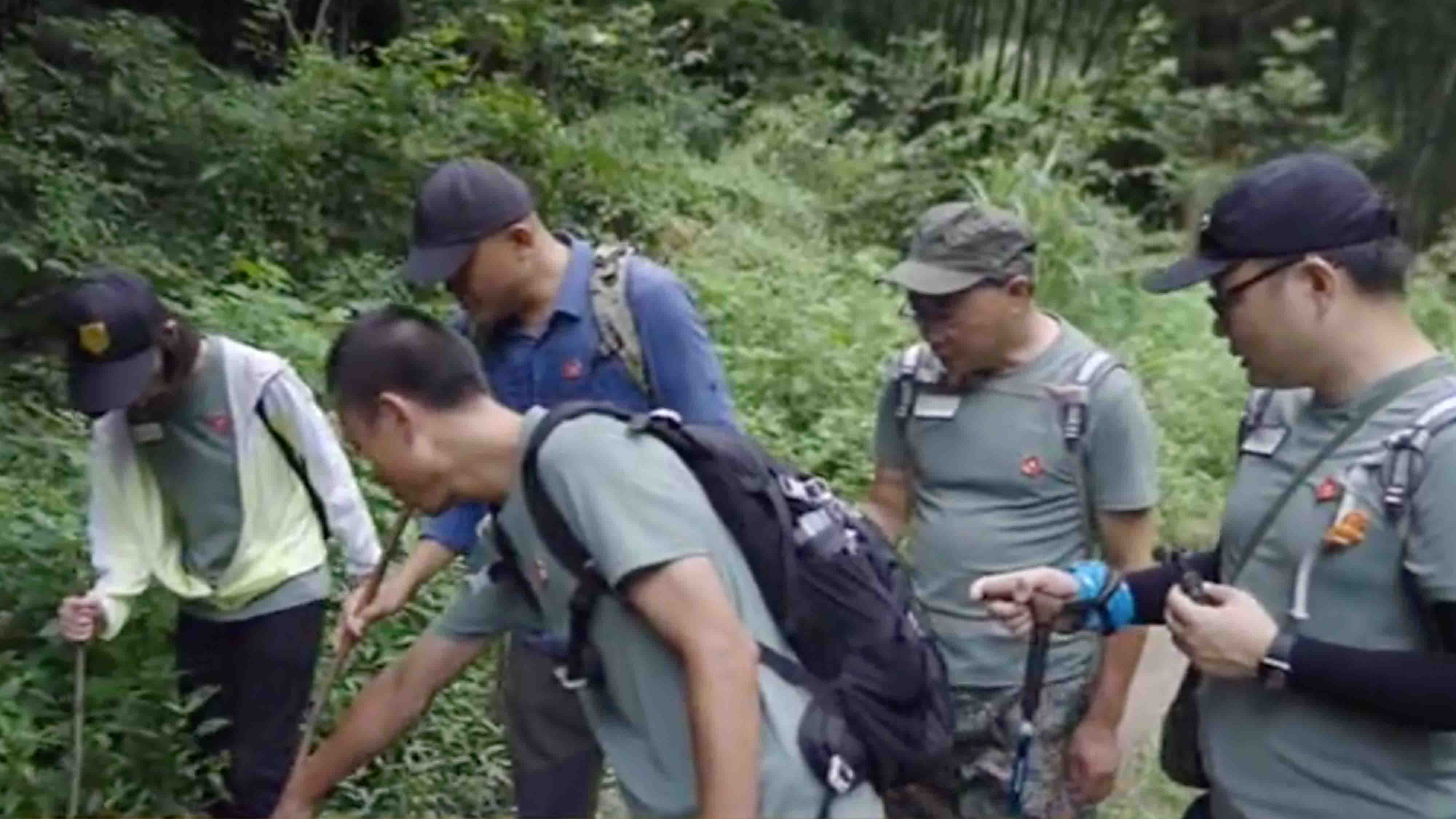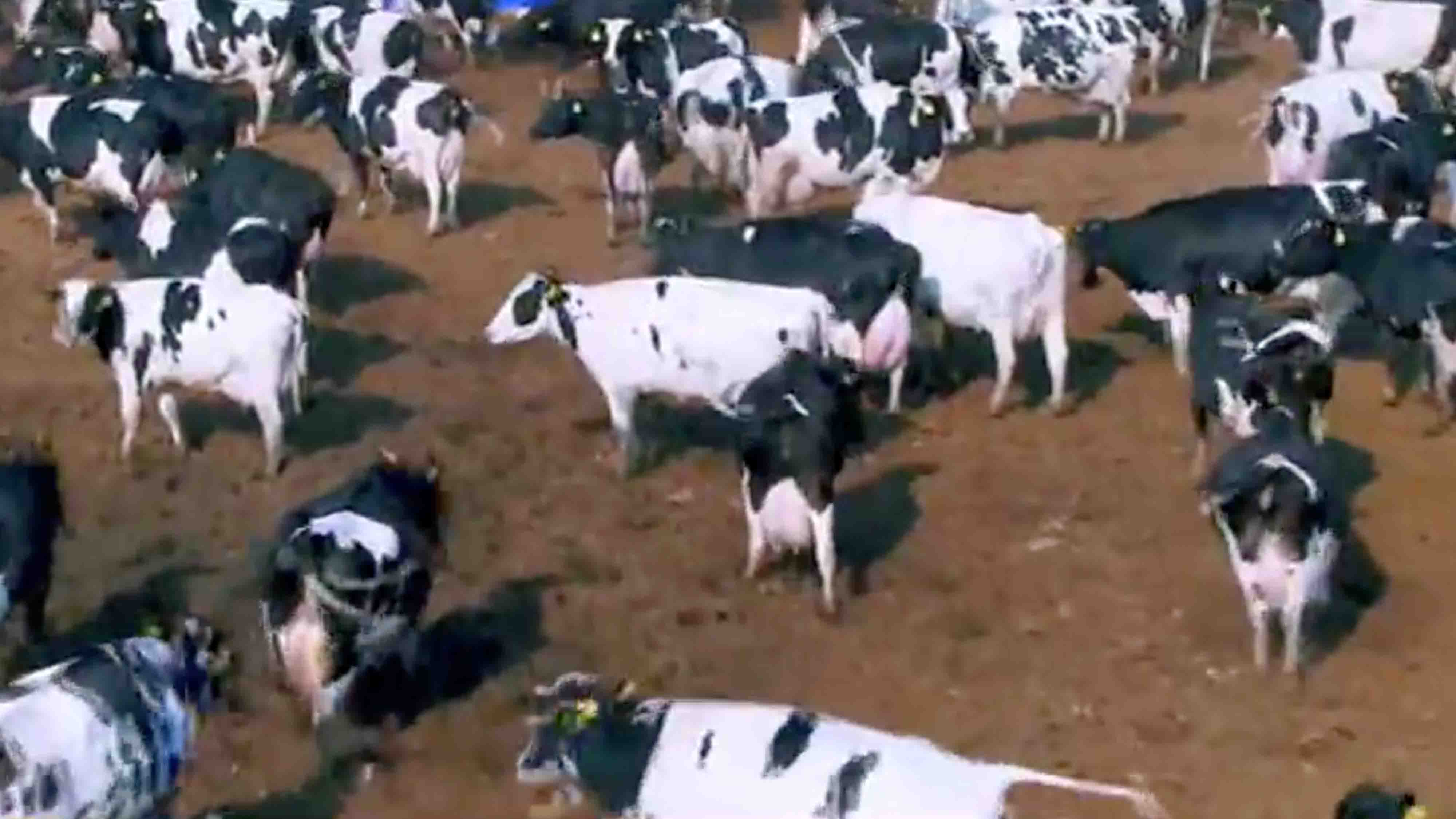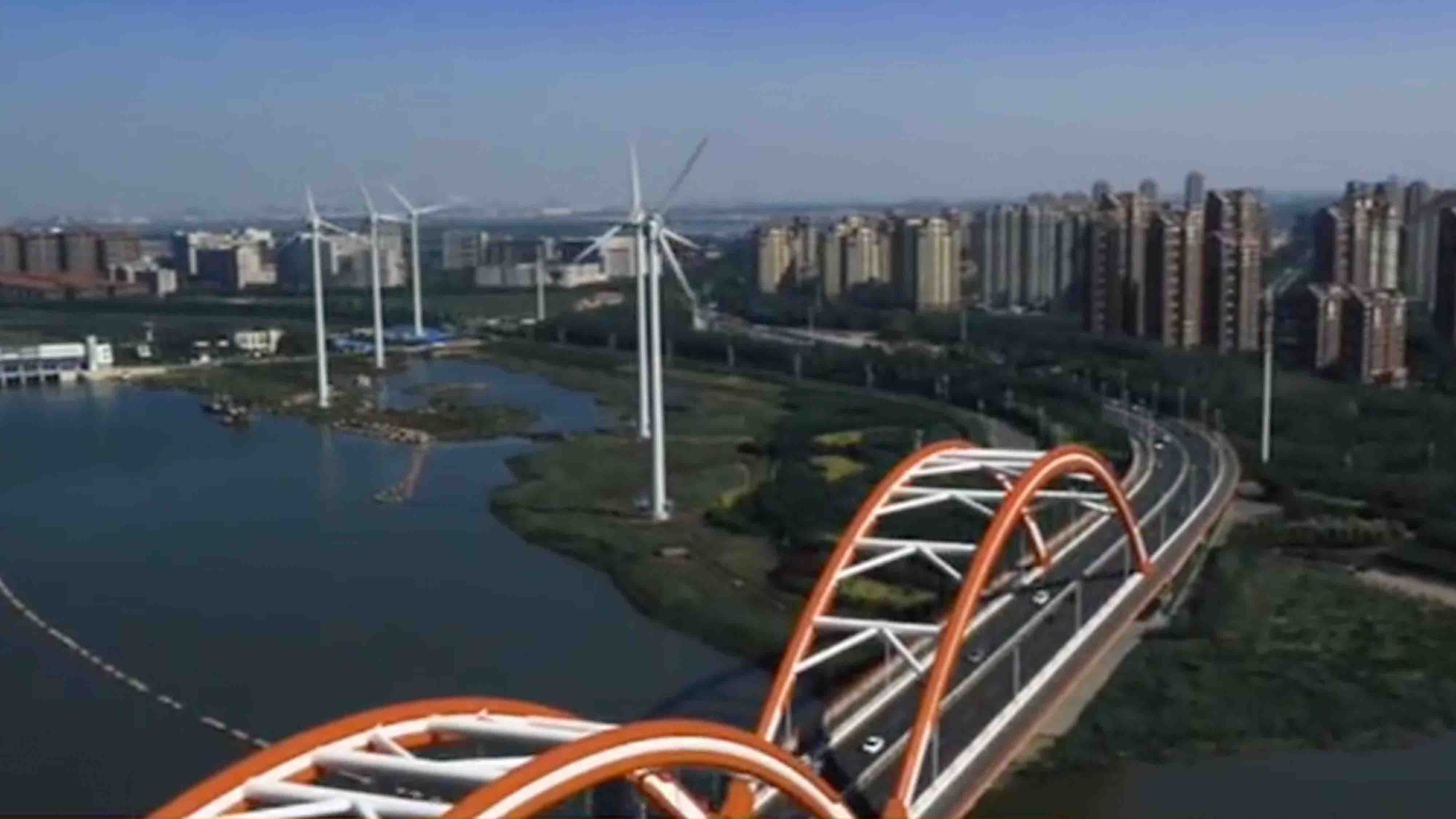Some Chinese companies have already been making green strides in biodiversity conservation, with leading dairy producer Mengniu, internet giant Tencent and tech giant Lenovo Group among those steering a path toward sustainable development.
02:16

Tencent's biodiversity protection project, or "Tencent For the Planet," aims to connect the public and nature, creating an accessible environmental protection scenario. For example, it has an online channel where people can file complaints about illegal wildlife trading for follow-up action.
"We hope to provide more immersive experiences for netizens, add more practical platform functions, enable more people to experience the splendor of nature and connect with those who are passionate about biodiversity," Wang Yi, chief leader of Tencent for the Planet, said.
So far, the reporting channel of illegal online wildlife trade has accepted more than 20,000 reports and disposed of more than 12,000 illegal accounts. At the same time, its cooperation with the National Forest Public Security on illegal trade cases has led to the seizure of 216 pangolins.
01:57

Mengniu has built China's first "organic sand recycling and grass industry." This year, the firm continued to be part of the Hang Seng A-Share Sustainability Enterprise Benchmark Index and was ranked among the top 30 out of the over 2,000 participants in biodiversity conservation. It was the only entrant from the food sector.
Li Pengcheng, executive president of Mengniu Group, said, "We have collected cow dung from the pastures to make organic fertilizer, which in turn is used to improve soil fertility and to better retain water for crops so that the entire planting and breeding process is performed in an organic circulation chain."
03:47

Lenovo's biodiversity efforts started much before ESG (environmental, social and corporate governance) became a buzzword in capital markets.
The company had already integrated the concept into its operations.
As a first step in the protection of the Yangtze River, Lenovo provided intelligent solutions for the protection of the finless porpoise, also known as the "giant pandas in the water." It was the first time that intelligent integrated solutions were being used to protect an aquatic species.
Wang Xuan, ESG director of Lenovo Group, introduced to CGTN the latest developed IT-based ecological solutions for the intelligent and digital upgrading of the reserve.
And the new low-temperature solder paste technology can effectively control the temperature required for the welding of computer motherboards, saving 35 percent energy compared with the original process.
To date, Lenovo has sold 22.7 million laptops, successfully reducing 4,740 metric tons of carbon dioxide emissions, equivalent to the amount of carbon dioxide absorbed by 161 square kilometers of forest in a year.

